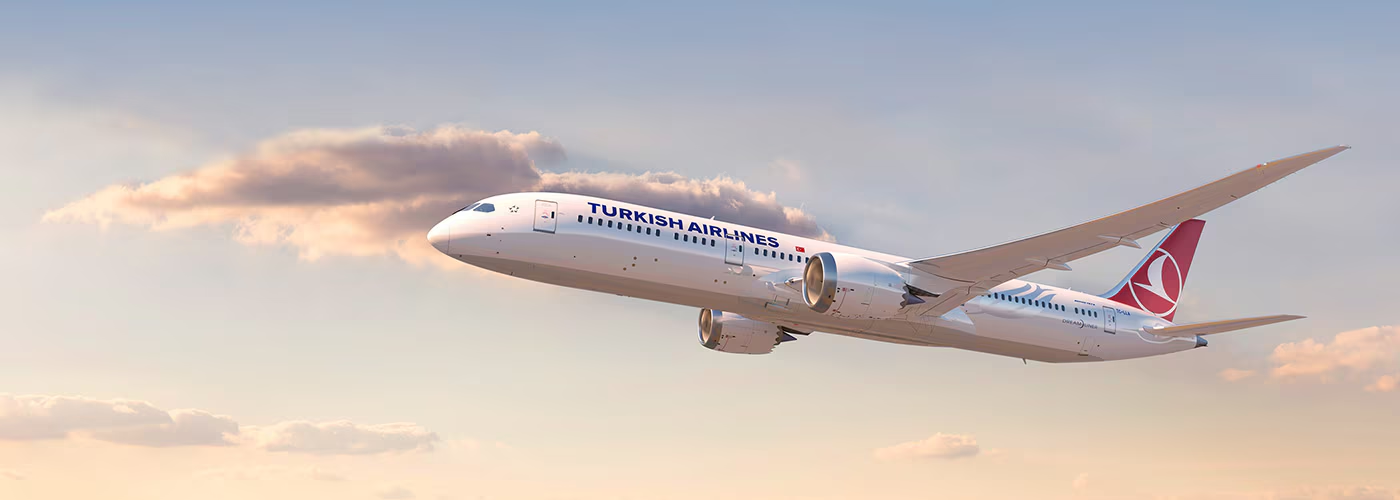What You Don’t Know About Airline Meals
The onboard meal is something that all of us either love or hate. On a long flight, it can either be a necessity or something to look forward to (if you are lucky enough to be flying business class). Depending on the flight’s duration, class of travel, and airline, the offering varies. You can purchase hot and cold drinks, light lunches, and snacks from low-cost carriers, which is a slightly different experience. While some people might prefer that over the sometimes-erratic airline meal, others might bring their own food. In today’s article, we will take a look at some of the facts about airline meals that you might be surprised to know. Let’s find out!
Tasteless and bland

The dry cabin air dehydrates the body, and during the flight, taste buds and the sense of smell become less receptive, causing food to taste bland and underseasoned. Therefore, catering companies have added extra fat, salt, and sugar to combat this over the years, making them not always the healthiest meal.
However, times have changed, and aircraft catering is now of considerably higher quality. For the highest quality and hygienic conditions, the meals are prepared on the ground and quickly cooled. The meals are prepared and served throughout the flight by the cabin crew after the chilled carts are safely loaded into the aircraft galleys.
READ ALSO: Reasons Why Food Doesn’t Always Taste Good on Planes
Even if it is essentially a posh sandwich, the quality of onboard products that are essentially “bought on board” or given out on short flights is much better and slightly more “curated” than in the past. Even celebrity chefs have become airline advisors and created new menus for them, often focusing on business and first class as well as themed menus. The airline industry is working hard to change the image of stodgy, bland airline food.
What about special meals?
There are alternate selections such as the Asian vegetarian meal (AVML) or Oriental vegetarian meal (VOML), though most airlines ask for 24-48 hours’ notice. Many airlines are also halal or offer a halal meal if they are not. Of course, many “special meals” are intended for those with specific religious needs (Kosher – KOML, Hindu – HNML, or Jain – VJML). Dietary demands are also taken into account, and meals for diabetics (DBML) and people who cannot eat gluten are also available. Both Lacto-ovo vegetarian (VLML) meals, which are vegetarian but contain dairy and egg products, and vegan meals (VGML) are easily accessible. Additionally, some airlines provide fruit platter lunches or raw vegetarian meals (RVML).

Special meals are served before cabin service, which can be advantageous, though you may have to wait a little longer for bar service or sit with your tray for a little longer. Pre-ordering cake for a special occasion to be celebrated onboard is sometimes possible too.
READ ALSO: Why do pilots eat different food than the passengers?
The emphasis is still on hygiene and quality following the pandemic, when we had almost no meals, and airlines are still seeking ways to entice us with novel ideas for in-flight meals. For first-class service, several airlines have hired onboard chefs, and the dishes designed by celebrity chefs will always be a hit with the foodies among us. The usage of “umami,” a savory flavor found in mushrooms, soy sauce, and tomatoes, is expanding as in-flight caterers explore new methods to enhance their meals.

Youssef Yahya is the CEO and Founder of Aviation for Aviators, a platform dedicated to the aviation industry. With over 3 years of experience as an aviation writer, Youssef is passionate about sharing his insights on aviation, entrepreneurship, and the broader business landscape. As a Teaching Assistant in Entrepreneurship at Nile University, he also nurtures the next generation of entrepreneurs. When he’s not exploring the skies or business ventures, you can find him saying, ‘Drag your coffee, and let’s talk aviation, entrepreneurship, and football.’
You might also like:
- Boeing, NASA, and United Airlines Collaborate to Test SAF Benefits with Air-to-Air Flights
- EGYPTAIR Welcomes Its First Airbus A321neo to be the First African Operator of the Aircraft
- Air Canada Adds Boeing 777-300ER Flights Between Toronto and Orlando
- Missile hit at Baghdad
- How Are Airport Runways Numbered?
Discover more from Aviation for Aviators
Subscribe to get the latest posts sent to your email.














1 comment